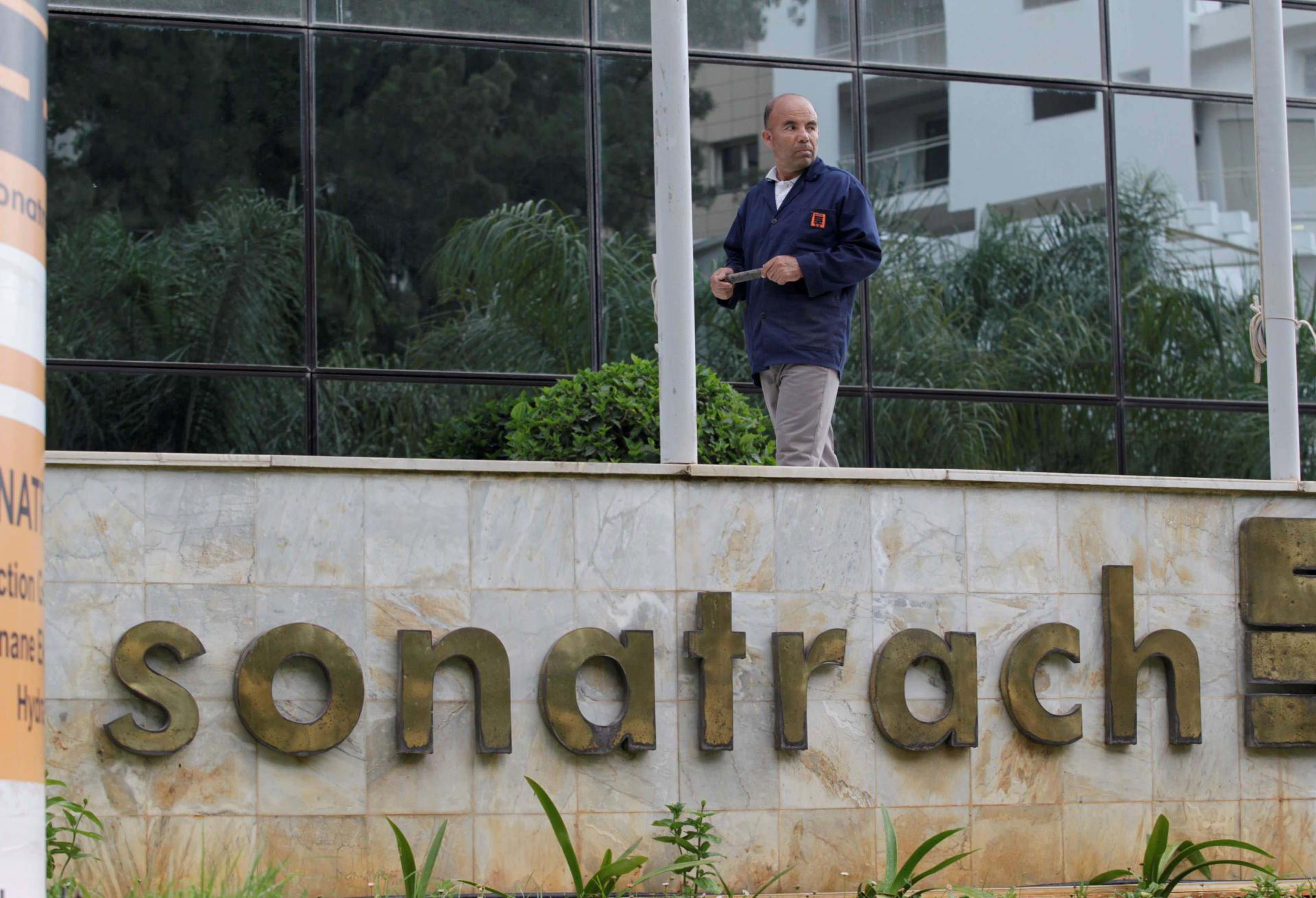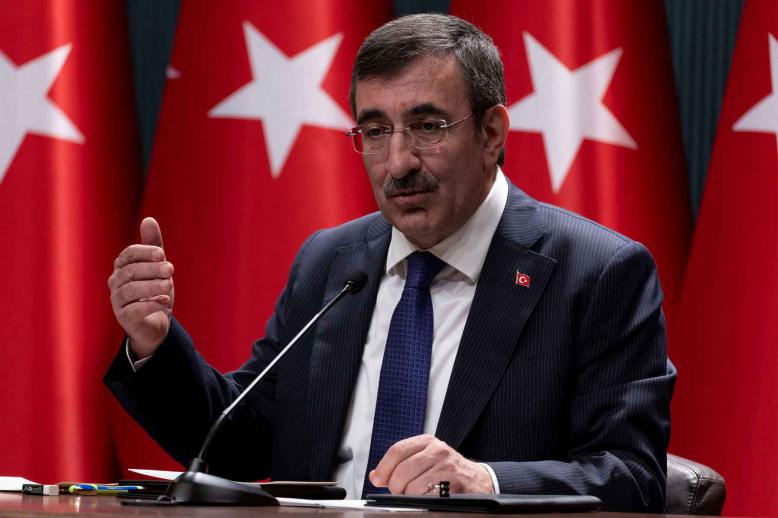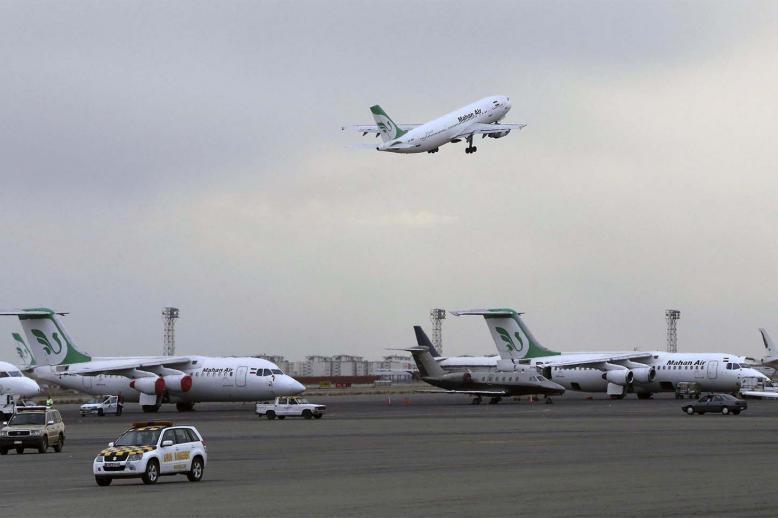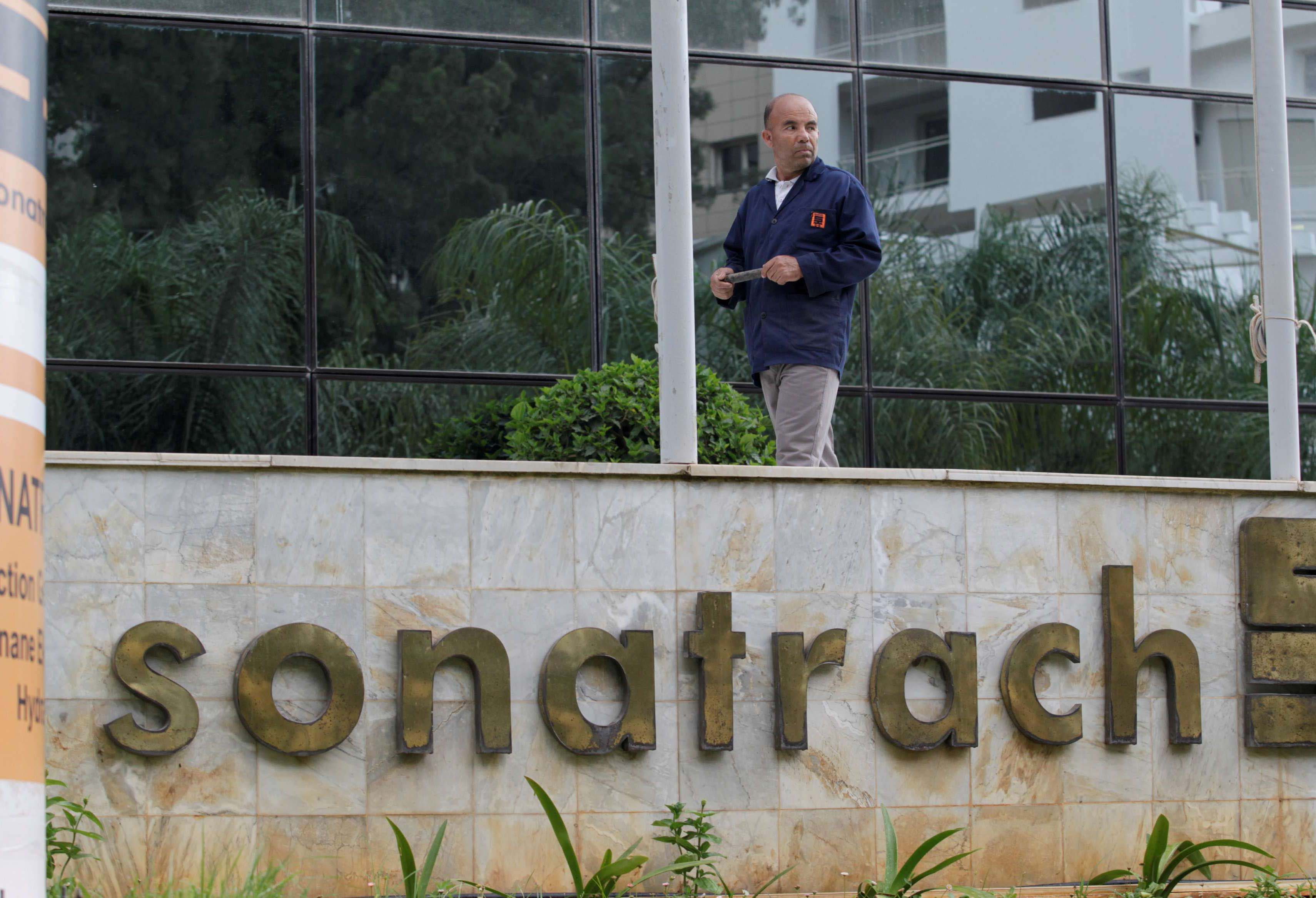Algeria weighs risks, benefits from refining its oil abroad
Algeria refined 400,000 tonnes of its crude oil into petroleum products at plants abroad in the first quarter of 2018 as part of a strategy established by Algeria’s state-owned oil company Sonatrach to slash costs of imported petroleum goods.
Sonatrach Managing Director of Strategy Farid Ghezali said costs for imported petroleum products in January totalled $51.3 million, compared with $188.2 million in January 2017. He attributed the drop to processing oil abroad.
Ghezali, speaking at a news conference May 23, said 400,000 tonnes of Algerian crude oil were shipped abroad during the first three months of this year to be refined at foreign plants.
Algeria exported 27.2 million tonnes of crude oil in the first quarter of 2018, slightly down from 28 million tonnes in the same period last year. The drop was due to Algeria’s reduced quota as an OPEC member and its export of oil for refining overseas, Sonatrach said.
However, the value of oil and gas sales abroad increased 17% for the period, bringing in $9.8 billion. Oil sold at an average $68 per barrel during the first three months this year, versus $53 per barrel last year. Government’s tax earnings from hydrocarbons sales during the quarter jumped 40% to $6.5 billion, compared to 2017.
The energy sector represents 95% of Algeria’s exports and up to 60% of the state budget.
Sonatrach, encouraged by rising oil prices, bought the Augusta oil refinery in Sicily and three oil terminals in Italy as part of a plan to make the Algerian group “one of the five major oil firms in the world,” said Sonatrach CEO Abdelmoumen Ould Kaddour.
The acquisition sparked debate expanding about Algeria’s refinery business abroad. Some experts said an expected increase in electric vehicle sales and greater efficiency in internal combustion and jet engines were likely to decrease demand for gasoline, diesel and aviation fuel, potentially reducing refining profits. A study by the International Energy Agency stated that the fight to limit climate change would cause oil demand to decline.
As a result, the profit margins of refineries owned by companies such as Chevron, Royal Dutch Shell, France, Total and China’s biggest refiner Sinopec are expected to decline 70% or more in the next decades.
Ould Kaddour, however, was adamant that the refinery purchase would prove successful.
“The Augusta refinery opens an outlet for Algeria’s crude oil while it improves the supply of Algeria’s domestic market in petroleum products. This will give us more autonomy and reduce costs as we control the whole chain of production,” he said.
“We have no plan, for now, to buy a second refinery abroad but if we see an opportunity we will go ahead with it. We must learn how to do business.”
Algerian state media said the plant has a price of $800 million with a processing capacity of 10 million tonnes per year.
Experts who backed Sonatrach’s approach said Algeria lost out on potential revenue by not having its own capacities to refine oil. They said the country paid $16 billion for imported oil derivatives from 2011-17.
Algeria’s domestic consumption of petroleum products averages around 15 million tonnes per year. Its refineries produce 11.5 million tonnes annually, leaving a deficit that is covered by $2 billion worth of imports a year, government data state.
Algeria’s demand for petroleum products increased an average of 7% each year since 2007, the Energy Ministry said.
In 2012, Sonatrach announced a plan to process crude oil in Algeria by upgrading refineries in Algiers, Arzew and Skikda at a cost of $4.5 billion. It said it planned to build five refineries, including a plant near its biggest oilfield, Hassi Messaoud, that would cost $10 billion. That would increase its oil refining capacity to 31 million tonnes this year and to 41 million tonnes by 2020.
Analysts and former energy officials said red tape and rigid management policies caused Algeria to miss out on plans to build new refineries and upgrade its old plants because it was spending the needed funds on imports of petroleum derivatives.
“The good question is why building new refineries or upgrading old ones do not progress as planned or they are in hold,” said former Sonatrach CEO Abdelmadjid Attar.
“Upgrading the small refinery in Algiers had started five years ago but it has yet to be completed. Skikda’s refinery upgrading was completed but it does not work at full capacity of 16 million tonnes. Hassi Messaoud’s plant expansion has just started and the planned refinery in Tiaret is still a project on paper only, he said in defence of Sonatrach’s foreign acquisitions.
“It (Augusta refinery) has a capacity of processing 180,000 barrels per day — about 10 million tonnes per year — to make it the second biggest Algerian refinery after Skikda’s plant,” he said. “It has the advantage of processing the Algerian oil and other oils of different qualities.”
Oil expert Ferhat Ait Ali said that, when factoring in environmental risks, transport costs and the loss of jobs at home, the acquisition could yield no tangible gains for Algeria.
“The average gain from the processed oil in Augusta is $5 per barrel from which fixed and variable costs and taxes for Italy are to be subtracted,” he said. “If we were to add shipping costs abroad and back home, I doubt that the Augusta buying would be a good thing to do. This is without including the advantage of autonomy to have a refinery at home providing jobs for local people.”
Lamine Ghanmi is a veteran Reuters journalist. He has covered North Africa for decades and is based in Tunis.
This article was originally published in The Arab Weekly.







